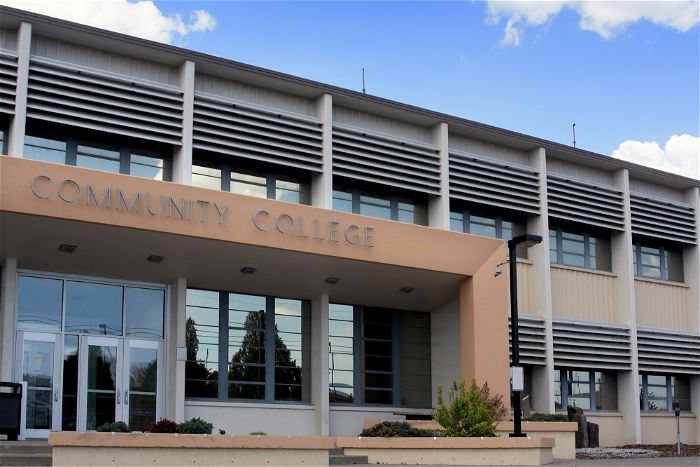For years, ineffective and inconsistent transfer policies and processes have left many college students with excess credits and excess debt, but no degree or certificate. And as students dealt with the disruptive effects of the pandemic during the last academic year, college and universities lost nearly 200,000 transfer students—with the sharpest declines among Black, Latinx, Indigenous, and low-income learners. It’s time for policymakers and postsecondary leaders to support and advance new transfer strategies that foster equitable outcomes and streamline attainment of in-demand postsecondary credentials.
The latest episode of JFF’s When Policy Meets Practice podcast examines innovative approaches to transfers that have been implemented at individual colleges and throughout state systems. Host Paul Fain talks with three members of the advisory board of the Tackling Transfer project: Sharon Morrissey, a senior vice chancellor in the Virginia Community College System; Elena Quiroz-Livanis, chief of staff and assistant commissioner in the Massachusetts Department of Higher Education; and Shirleatha Lee, dean of the Mary Black School of Nursing at the University of South Carolina Upstate. The discussion centers on three policy issues covered in a new Tackling Transfer report titled The Transfer Reset: 1) maximizing credit applicability and recognition of prior learning, 2) harnessing data for transformational change, and 3) ensuring that transfer students can receive financial aid. At the end of the episode, JFF’s David Altstadt and Lara Couturier, a principal at HCM Strategists, join Paul for a wrap-up conversation.








